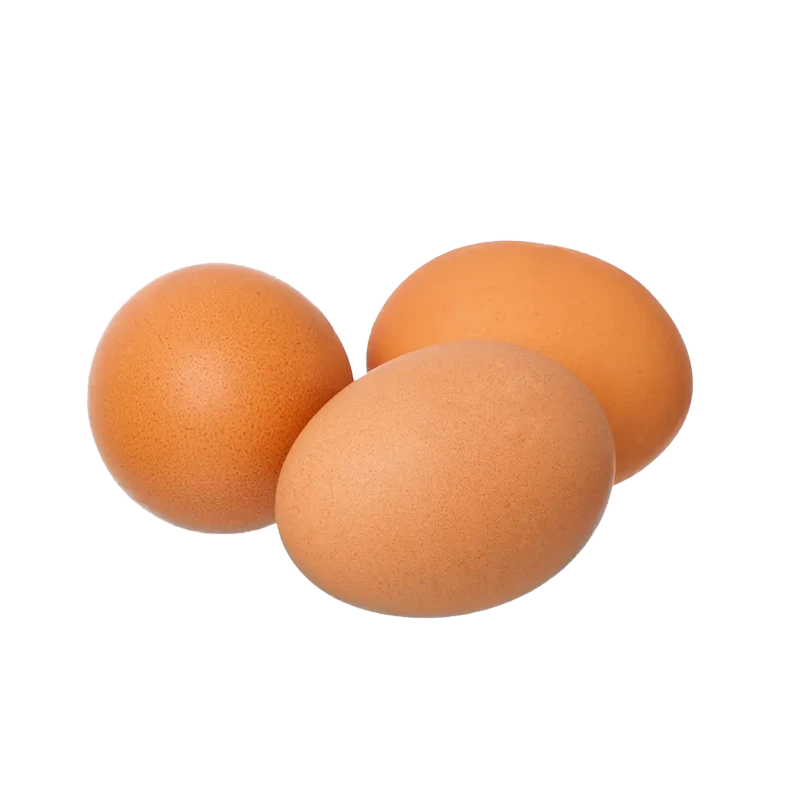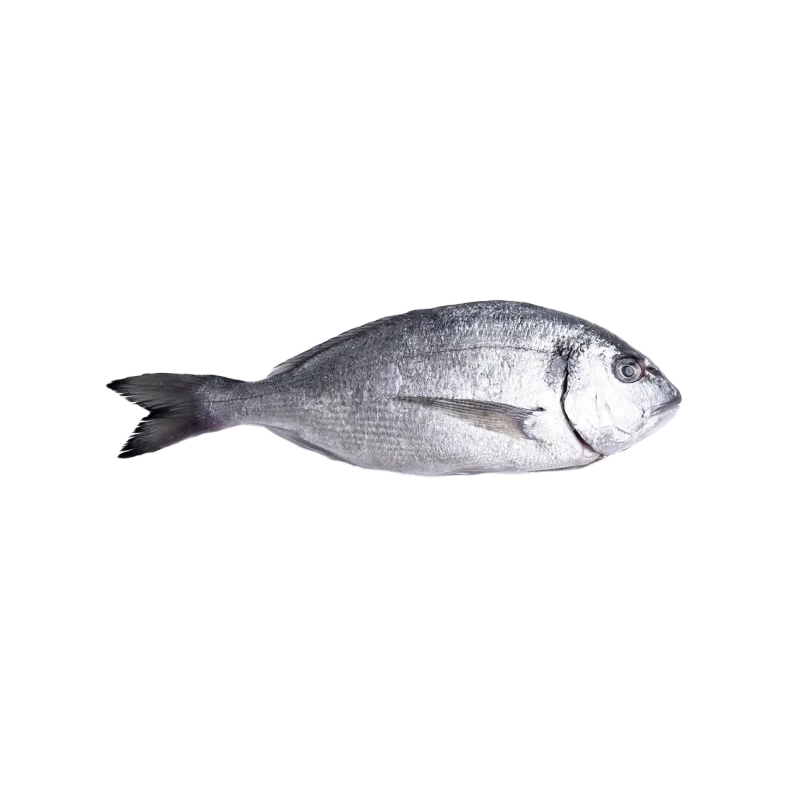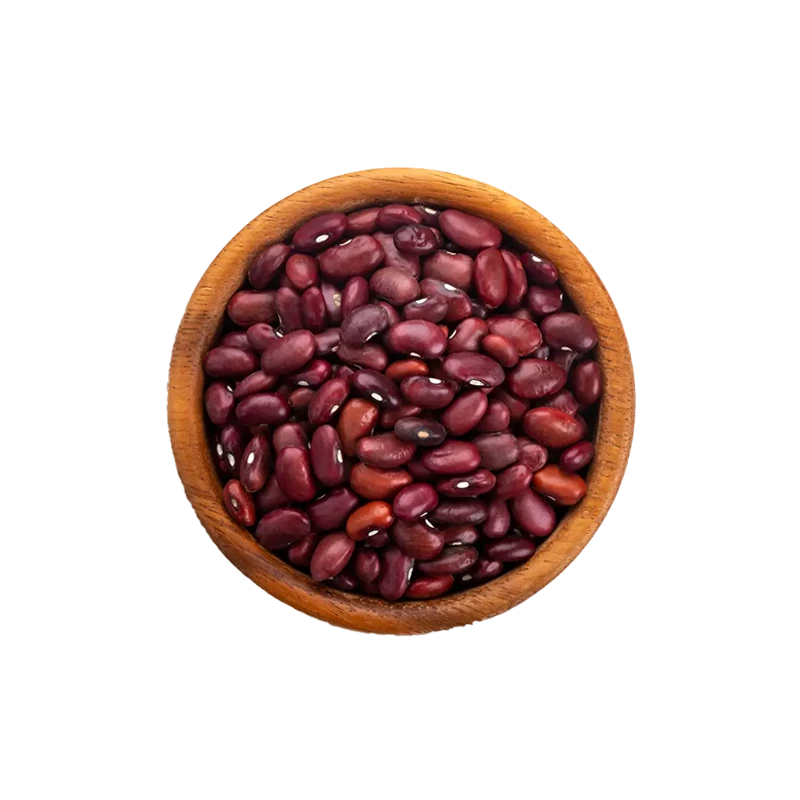Couscous — Nutrients, Health Benefits, and Shopping Tips
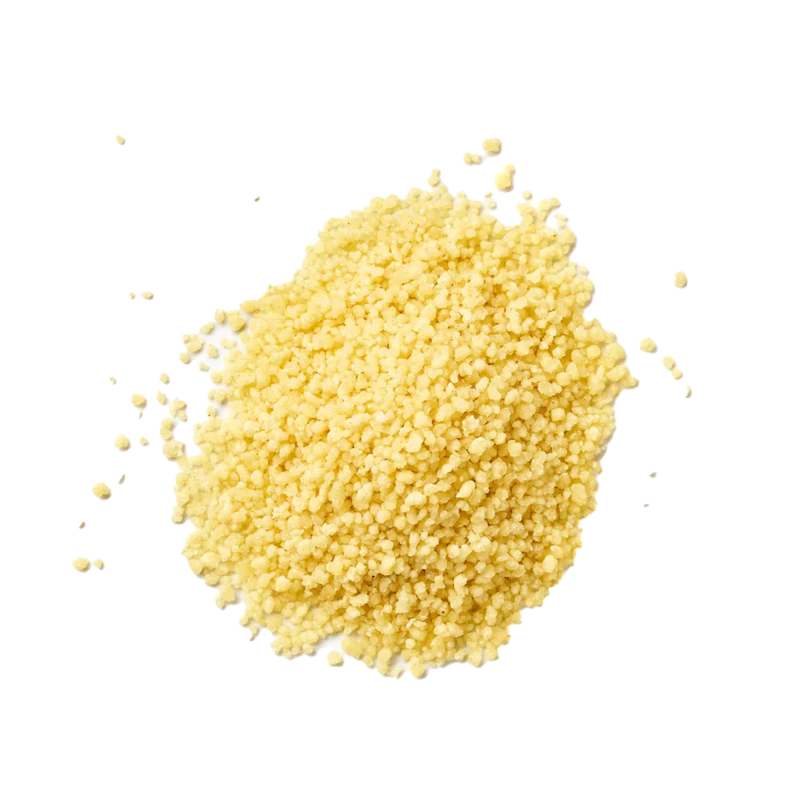
Written by Listonic Team
Last update on September 6, 2024
Nutrients
Nutrition facts
Amount per 100 g
Calories
🔥 376 kcal
| Nutrients per: 100 g | Value | % Daily Value* |
|---|---|---|
| Carbs | 77 g | 28% |
| Fiber | 5 g | 17.86% |
| Sugars | 0 g | - |
| Glycemic Index | 65 | - |
| Protein | 13 g | 26% |
| Sodium | 10 mg | 0.43% |
| Total Fat | 1 | 1.28% |
*The % of Daily Value (DV) tells you how much a nutrient in a serving of food contributes to a daily diet. 2,000 calories a day is used for general nutrition advice.
13 g
🧀 Good Protein Content
5 g
🥔 Good Fiber Content
Key takeaways
Health benefits
- Rich in complex carbohydrates, providing sustained energy and supporting overall bodily functions.
- Contains essential vitamins and minerals such as selenium, which supports immune function and thyroid health.
- Low in fat, making it a heart-healthy addition to meals.
- Versatile and easy to prepare, making it a convenient and nutritious base for a variety of dishes.
- May be fortified with additional nutrients such as folic acid, which supports overall health and well-being.
Health risks
- High carbohydrate content which can cause rapid spikes in blood sugar levels, particularly concerning for diabetics or those on low-carb diets.
- Low nutrient density particularly if made from refined wheat, offering fewer nutrients and less fiber compared to whole grains.
- Gluten content as couscous is made from wheat, making it unsuitable for individuals with celiac disease or gluten sensitivity, potentially causing digestive discomfort and other health issues.
- Potential for overconsumption due to its light texture, which can lead to excessive calorie intake if not mindful of portion sizes.
How to choose couscous
Couscous should be uniform in size and have a pale, creamy color. It should not have any off smells or a clumpy appearance. Check that the couscous is loose and flows freely when poured from the package.
Avoid couscous that appears discolored or smells musty, which can indicate it is stale or has been exposed to moisture. Properly stored couscous should cook up light and fluffy, not sticky or mushy.
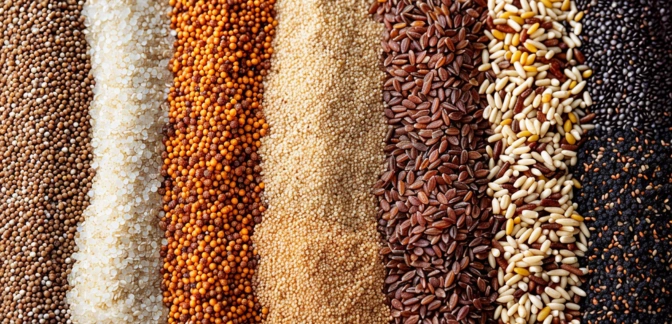
How to store couscous
Couscous should be stored in an airtight container in a cool, dry place. A pantry or cupboard away from direct sunlight is ideal. Properly stored, couscous can last for several months without losing its quality.
Exposure to moisture can cause couscous to clump and spoil. It is essential to keep it away from heat sources and humid environments. Ensuring the container is tightly sealed helps maintain its texture and flavor, preventing contamination.
✅ Extra Tip
How long do they last?
Couscous can last for 6-12 months when stored in an airtight container in a cool, dry place. Cooked couscous should be refrigerated and consumed within 3-5 days. For longer storage, cooked couscous can be frozen for up to 3 months.
What to do with leftovers?
Leftover couscous can be used in a variety of quick and easy dishes. Toss it with vegetables, herbs, and a vinaigrette for a light and flavorful salad, or mix it into a grain bowl with your favorite toppings. Couscous is also great in stuffed vegetables, such as peppers or tomatoes, where it absorbs the flavors of the stuffing.
Use couscous as a base for a stir-fry with vegetables and protein, or mix it into a soup for extra bulk and texture. If you have a lot of couscous, consider making a batch of couscous cakes by mixing the couscous with eggs, herbs, and cheese, then frying until golden. Couscous can also be added to a casserole with vegetables and a creamy sauce, or served as a side dish with grilled meats or fish. For a quick snack, try mixing couscous with roasted vegetables and a drizzle of olive oil and lemon juice.
👨⚕️️ Medical disclaimer
How couscous supports specific health conditions
Couscous is a light and versatile grain product rich in carbohydrates, providing sustained energy and supporting brain function. It is also a good source of selenium, which supports immune health and protects cells from oxidative damage. Whole wheat couscous offers additional fiber, promoting digestive health by aiding in regular bowel movements. Pairing couscous with vegetables and lean proteins can enhance its nutritional value and contribute to heart health.
Discover products from other categories
Listonic Team
Fact-checked
Our editorial team checked this article to make sure it was accurate at the time of publishing it.
Get the top-rated shopping list app


